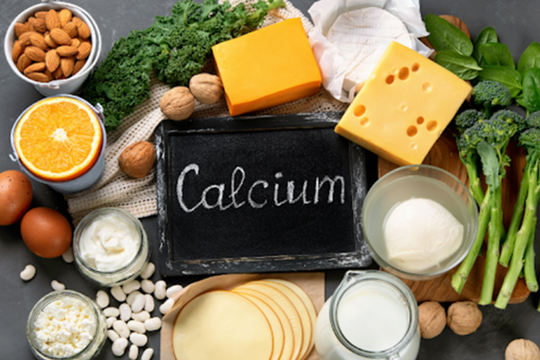Sugary yogurt is very harmful to health.
A shocking new study published in the journal BMJ Open has found that most supermarket yogurts are loaded with sugar, which is bad for your health.
 |
Of the ten yogurt brands reviewed, nine failed to qualify as a nutritional source because they were too high in sugar, with more than 5g of sugar per 100g container.
Researchers from the University of Leeds tested 921 of the most popular yogurts and warned they all contained unacceptable levels of sugar, which is fuelling the obesity epidemic. They also urged shoppers to read nutrition labels before shopping.
Those marketed as “dessert” were the worst, containing an average of 16.4g (more than four teaspoons) of sugar per 100g. Organic yogurts were the second worst, with 13.1g of sugar per 100g. Natural or Greek yogurts were the best, with just 5g of sugar per 100g.
Natural yogurt and Greek brands also contain higher protein levels and appear to contain more natural sugars than sugars added during manufacturing.
Children aged four to six should have no more than 19g of sugar a day, health officials say, meaning just one carton of milk could exceed the limit.
According to the survey, only two out of 101 children's yogurts met the low sugar standard, while the rest mostly contained up to 10.8 grams of sugar per 100g of milk.
In the production of yogurt, sugar is often used as a neutral sweetener, reducing the fermentation of lactic acid.
“Despite clear evidence that yogurt is beneficial for health, products on the market often vary widely in nutritional content,” said study leader Bernadette Moore.
Organic yogurt products are often considered the healthiest choice, but they also contain unknown amounts of sugar, which can affect the diet of those on a diet.
“Diets high in added sugars are now linked to obesity and dental problems,” said Dr Barbara Fielding, a researcher at the University of Surrey. “On average, children in the UK eat more yoghurt than adults, with those under three eating the most.”
Public Health England (PHE) has challenged food manufacturers to reduce the sugar content of many products, such as yoghurts, by a fifth by 2020.
Dr Alison Tedstone, director of nutrition at PHE, said: “The food industry has a key role to play in reducing the amount of sugar we buy and consume. And we’ve seen positive steps, with yoghurt and cheesecake being the only two food categories to exceed the 5% sugar reduction ambition in the first year.
We also hope to see further positive progress in the report to be published in 2019."








